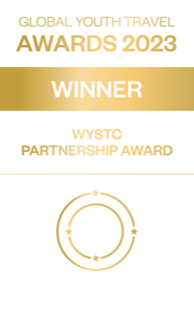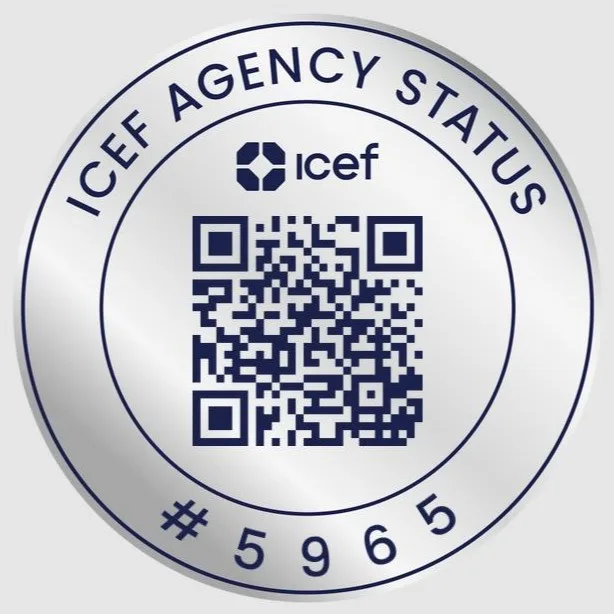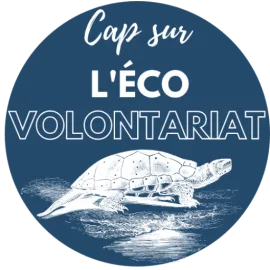In partnership with the “Wildlife Society Sri Lanka,” this project within a sustainable tourism NGO provides volunteers with a unique opportunity to work alongside local researchers, educators, community partners, and village residents in the heart of a nature reserve in Sri Lanka. Wasgamuwa is one of the protected regions in Sri Lanka where large herds of elephants and a variety of birds can be observed, making it an ideal destination for sustainable tourism.
This project focuses on authentic conservation efforts, observing elephants in their natural habitat. It involves genuine research activities such as tracking, observation, and raising awareness among local communities through prevention campaigns.
Highlights of the project within a sustainable tourism NGO:
The challenge of overpopulation is a tangible issue in Sri Lanka, especially with the expansion of human settlements encroaching on the territory of wild elephants. This leads to a decrease in space for elephants, diseases transmitted between domestic and wild animals, difficult coexistence with villagers, and destruction of infrastructure and homes.
There is an urgent need for strategic action to resolve the conflict between humans and elephants, aiming to protect Sri Lanka’s wild elephants and improve the welfare of captive elephants.
Upon arrival, volunteers are welcomed at Colombo airport and transferred to Polonnaruwa, near Wasgamuwa National Park, where they will meet the local team of researchers. The project site is approximately a 4-5 hour drive from Polonnaruwa (230km by car).
Upon arrival, the local team will provide an orientation session for all volunteers, and depending on the arrival time, the group may visit the field to observe elephants.
Work hours will vary based on activities, but generally start early in the morning and end in the early evening, with breakfast and lunch provided during the day and dinner served in the evening in this sustainable tourism NGO project.

Duration during the week | Budget total mission |
|---|---|
2 weeks | 1300 € |
3 weeks | 1575 € |
4 weeks | 1850 € |
5 weeks | 2125 € |
6 weeks | 2400 € |
8 weeks | 2950 € |
9 weeks | 3225 € |
10 weeks | 3500 € |
11 weeks | 3775 € |
12 weeks | 4050 € |
Volunteers stay in a countryside house located on a picturesque hill overlooking a lake and a mountain range. The house is situated 15 minutes away from Wasgamuwa National Park. The accommodation is basic, with dormitory-style beds (equipped with mosquito nets) and shared bathrooms.
Single Room in Volunteer House (weekly rate): 250 EUR
The majority of the work takes place in the field, so it is recommended to wear comfortable and casual clothing (t-shirts, shorts, loose pants, sneakers, sandals, flip-flops, hats, etc.) as participants will be outdoors for extended periods. It is strongly advised to use sunscreen, as the sun can be intense during the day, and it is also recommended to bring mosquito/insect repellent.
– Minimum age of 18.
– Fluent in English (understanding instructions and ability to communicate).
– Copy of passport.
| | Merci pour votre abonnement |










